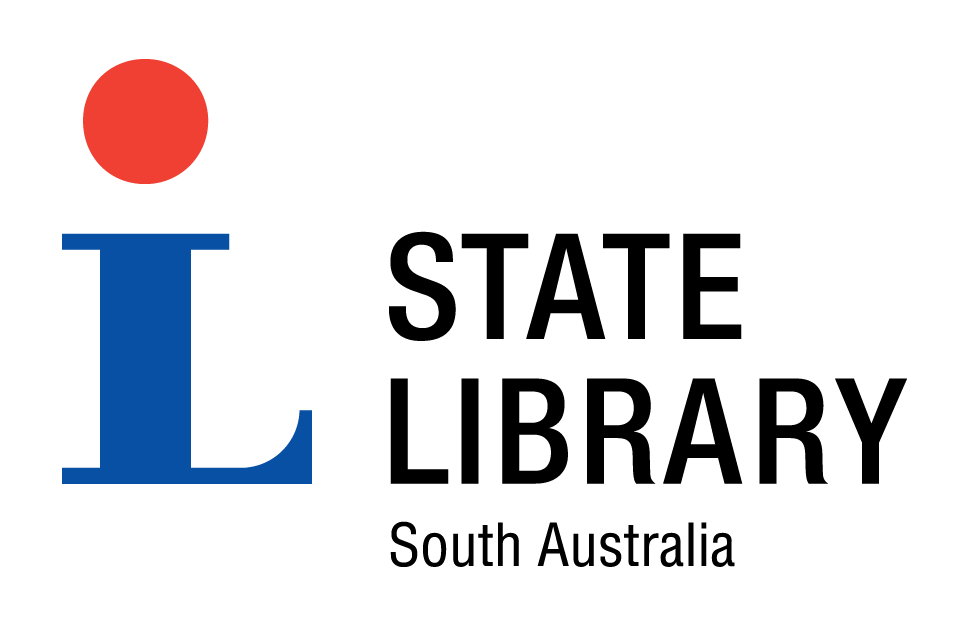
Sex Industry Page 4
The Millhouse Bill
On 27 February 1980 Robin Millhouse introduced "a Bill for an Act to give effect to the recommendations of the Select Committee of Inquiry into prostitution." Importantly this Bill defined a prostitute as being either male or female and Clause 4 made child prostitution an offence with a $500 fine or detention for three months. The membership of the Scarlet Alliance had concerns about the Bill, particularly the sections that criminalised children, but the general consensus was that any legislation that could be amended at a later date was better than none. The Bill received considerable opposition from religious groups and numerous petitions from both sides of the debate were presented to Parliament. On 11 February 1981 the House of Assembly voted on the Bill, the result being 22 ayes and 22 noes. The Speaker, Brian Eastick, voted with the Noes and the Bill failed to pass.
During this period the nature of the sex industry in South Australia changed, where it had previously been almost exclusively based in brothels, the impact of police actions on brothels and the sex workers found on premises was that escort work, where the worker went to the clients home or hotel, an option with less risk of prosecution but an increased risk of violence and intimidation from customers. Also being separated from other workers opportunities for political organisation and health education were reduced.
Carolyn Pickles Bill
Initially there had been considerable support for Carolyn Pickles Bill, the Adelaide City Council going so far as to approve a proposal to set aside the area bounded by West Terrace, Philip Street, Morphett Street and Gouger Street for massage parlours, and The Advertiser editorial declared, "such a Bill, already introduced without the fuss of previous similar attempts, deserves a calm and rational passage through Parliament. [Advertiser 21 August 1986, page 16] Opposition to the Bill came from the Liberal Opposition leader, John Olsen, who told a meeting of 135 people opposed to decriminalisation of prostitution that "Abhorrence of payment for sex should be maintained." [Advertiser 8 May 1986, page 14] The Police also voiced concerns about some provisions of the Bill, particularly in so far as it failed to confer on police sufficient powers of entry to premises to protect children from sexual exploitation, and lacked heavy enough penalties for public soliciting. [Advertiser 25 August 1986, page 2]
The issue was debated widely across South Australia, the Whyalla and Mt Gambier City Councils opposed the Bill, but the Mayor of Penola supported it, saying "prostitution could never be stamped out". [Advertiser 8 November 1986, page 19]. Protest rallies and door knocking campaigns were used by the opponents of the Bill and despite amendments proposed by Bannon ALP government members, they increasingly came to believe it did not have community support and would be an electoral liability. As a result on the 18th March 1987 Carolyn Pickles announced she was dropping the Bill. When she moved for the Bill to be discharged Australian Democrats leader Ian Gillfillan forced a division in the Legislative Council resulting in a 13-2 vote in favour of discharging the Bill.
On the 17 March 1987 The Advertiser editorial anticipated the Bill's demise and said it marked "the sad end of another attempt to deal sensibly with the question, and amounts to another lost opportunity. ...Unfortunately, emotion and prejudice appear to have overruled reason again." [Advertiser 17 March 1987, page 16] In response to the Bills failure local author and activist, Helen Vicqua, wrote 'Professionally speaking', a play that was performed as part of the 1988 Adelaide Festival Fringe and then taken to the United States in 1991. Ms Vicqua wrote in her note at the front of the play,
My conscious interest was awakened by listening to prostitutes, politicians
and senior feminists speaking about decriminalisation at a public meeting.
I did believe that anyone could see the injustice of the law which punishes
the women and not the men - either procurers or clients. Apparently this is
not so. Some people get very upset about prostitution; others are fascinated
as myself. Helen Vicqua, Professionally speaking, 1988.
The failure of the Pickles Bill demanded the government seek new ways to address the HIV/AIDS pandemic within an illegal industry. In July 1987 the South Australian government granted $14,500 to the Prostitutes Association of South Australia (PASA) to finance a peer education program named the 'travelling Parlor Show' among sex workers. Welcoming the funding, Andi Sebastian said "if prostitutes were excluded from information about health issues, including AIDS ... then the whole community would suffer." [Advertiser 24 June 1987, page 1]. The show received further funding of $11,500 in March 1988 from the Federal Government.
Items 1 - 9 of 9











